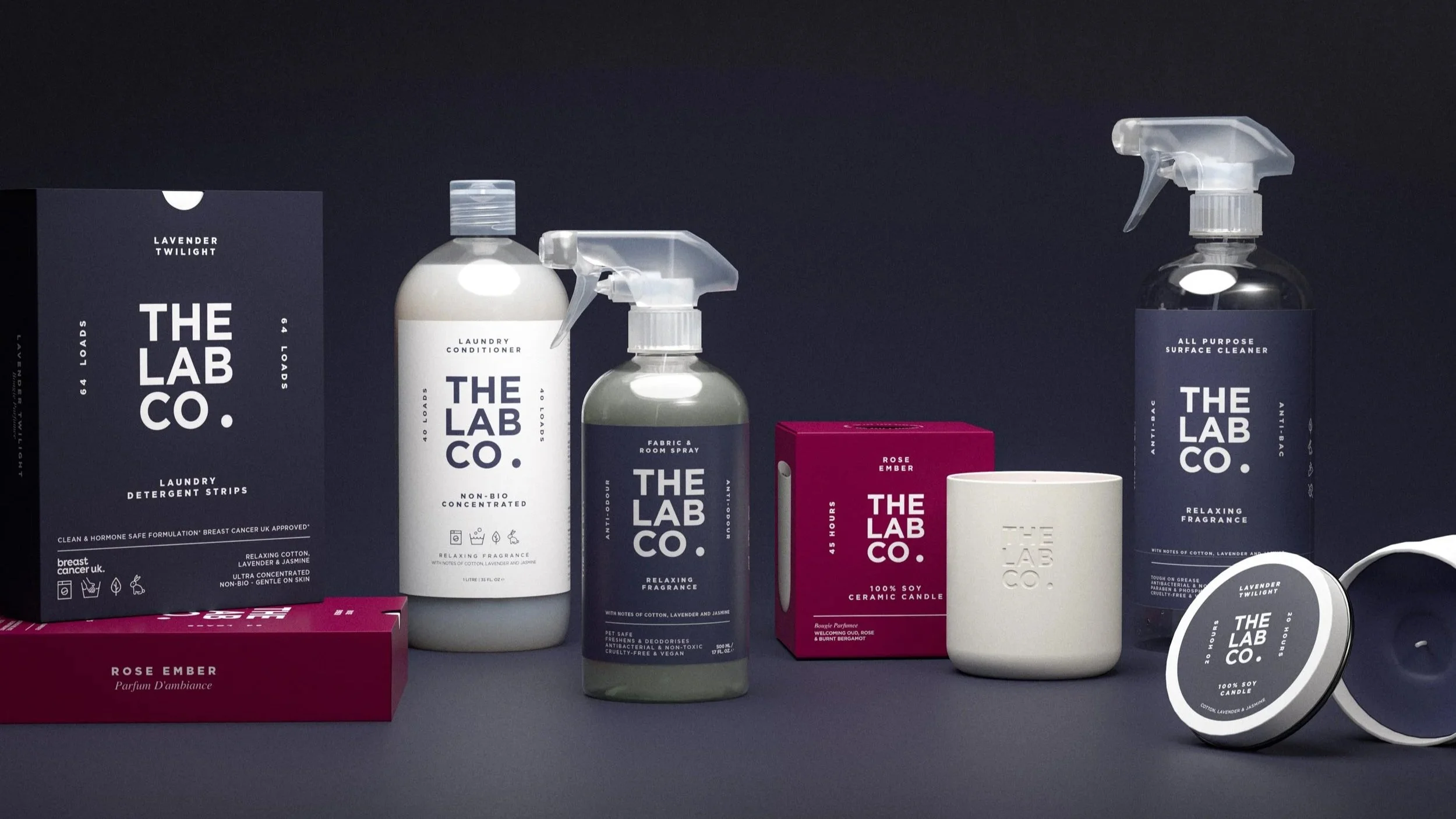Beauty Clinic: The best skincare for hormonal skin
Q. I have hormone-related red lumps – they’re deep not like acne spots, plus an oily T-zone and super sensitive skin. I’ve tried a variety of leading brands but nothing seems to help. Do you have any advice?
A. We sent your longer email to cosmetic doctor Rabia Malik, a GP with a special interest and training in skin concerns (drrabiamalik.com). She says that the condition you describe sounds as if it may be rosacea. The main symptom of this chronic inflammatory skin condition is facial pustules, which are often associated with redness and flushing.
Rosacea is often mistaken for acne, eczema or a skin allergy. (Confusingly, the proper medical name is acne rosacea though it’s not acne as we know it.) It would be wise for you to talk to your doctor and, depending on the outcome, consider asking for a referral to a dermatologist.
Meanwhile, Dr. Malik suggests simplifying your skincare routine so you avoid potentially irritating ingredients that could be a trigger for breakouts. At the same time, you need to ensure you are cleansing your skin effectively so that a build up of debris is not causing breakouts.
Dr. Malik suggests that a good overall cleanser for your concerns is Cosmedix Benefit Clean Gentle Cleanser/£42.03 for 150ml, which is formulated for sensitive and reactive skins. A lower-priced alternative is Medik8 Clarifying Foam Oil-Free AHA/BHA Blemish Cleanser, with a 40ml size for just £7.
Dr Malik also recommends nourishing your skin with a serum such as Cosmedix Clarity Anti-Blemish Serum. ‘If your skin feels dry, I would recommend a moisturiser such as MV Organic Skincare Rose Soothing & Protective Moisturiser, which will hydrate your skin without overloading.’ From £27 for 15ml, cultbeauty.co.uk.
There is conflicting evidence on whether sunlight adversely affects rosacea sufferers. But in general it is wise to heed safe sun advice. Cancer Research UK has straightforward guidelines: see Ways to Enjoy the Sun Safely at cancerresearchuk.org.
Dr. Malik also says it is crucial to try to figure out the triggers for your breakouts. ‘A food diary is a good start. Other common triggers can be alcohol and/or exposure to environmental triggers such as temperature change, cigarette smoke, pet hair, urban pollutants and other allergens.’
She adds that many long term skin conditions benefit from improving gut health so a course of probiotics would be worth trying, in tandem with an anti-inflammatory diet, rich in vegetables, fruit, nuts, seeds and oily fish, plus drinking plenty of still filtered water. (Three different colleagues have just finished a 12-week programme of Symprove probiotics and seen multiple improvements; for more information, symprove.com.)





